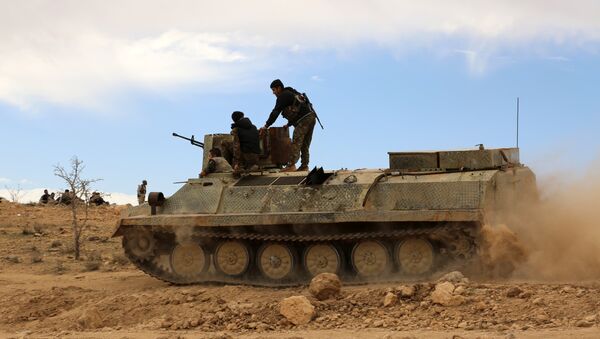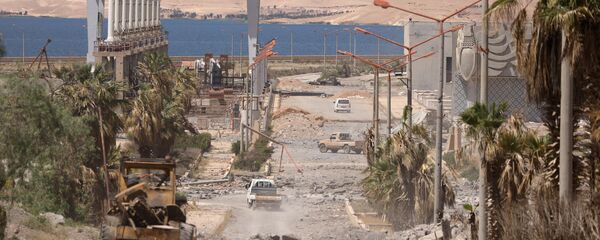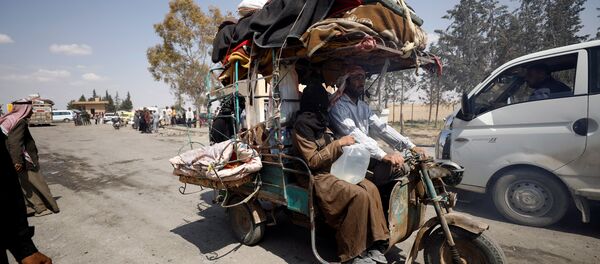The Kurds are intent on creating a corridor between areas under their control and the Mediterranean Sea. They also want to push Daesh out of Raqqa and Deir ez-Zor, subsequently offering both cities a chance to become part of their federal system.
The news came soon after Moscow, Ankara and Tehran reached an agreement aimed at establishing four so-called safe zones in Syria.
"The memorandum on de-escalation in Syria which Russian, Turkish and Iranian representatives signed in Astana on May 5 has de facto outlined the spheres of influence of these three nations. This has contributed to limiting hostilities in the country plagued by a six-year-long war. The Kurds are unhappy with the memorandum since the document does not reflect their interests," Gazeta.ru said. "Their key ally, the United States, is also not part of the agreement."
The Kurdish plans are likely to upset other stakeholders intent on bringing the devastating conflict to an end.
In addition, "clashes between [the Syrian Arab Army] and the People's Protection Units (YPG) could intensify at a time when government forces and radical groups supported by Turkey are less involved in fighting each other," the newspaper suggested.
Ankara maintains that the Syrian Kurds are affiliated with the Kurdistan Workers' Party (PKK), which Turkey views as a terrorist organization. President Recep Tayyip Erdogan and his supporters have also said that the Syrian Kurds are fighting for greater autonomy, if not independence, which could fuel unrest in southeastern Turkey, mostly populated by the Kurds.
In Iraqi Kurdistan, the ruling Kurdistan Democratic Party (KDP) has "hampered the free movement of people and goods to the Syrian Kurds," the media outlet said. "Although this has never been made official, the KDP has de facto introduced an embargo with regard to its western neighbor."
Washington's ties with the SDF are also a major factor.
"The United States is not intent on cooperating with [President] Bashar al-Assad. Moreover, Yousef openly said that the Democratic Federal System of Northern Syria would rely on Washington's assistance in its advance westward. The US is unlikely to agree to its allies cooperating with the Syrian government, even if the cooperation would be limited to economic issues," the newspaper said.
Never miss a story again — sign up to our Telegram channel and we'll keep you up to speed!





